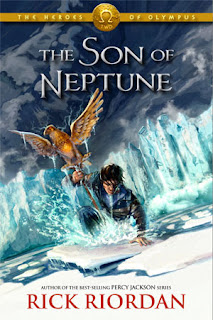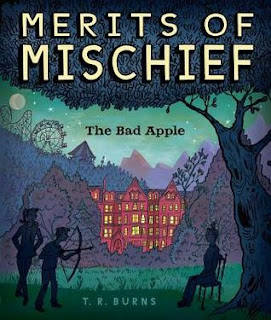Language Arts relies heavily on students' abilities to interact positively, honestly, and in a focused way. We need to be able to have powerful discussions in reading groups, give helpful writing feedback, and collaborate on literacy activities that take us to the next level. Today's Marshmallow Challenge gave us the chance to refresh our group skills and reflect on how we work together to accomplish big tasks. We liveblogged below during our class debriefing.
Check out the TED Talk Marshmallow Challenge
Reflections from Period 3/4 (Block 1)
The winning group (sorry, I didn't remember to write down the names... and I can't yet recognize you by your shoes!): 28"!
Builders found that they were less successful when they didn't plan ahead. Many groups just started to put things together, because they wanted to finish quickly; they felt time pressure and they felt that they needed to rush. They especially found that they built their bases too quickly, so the bases weren't sturdy enough to support the rest of the tower. If they built again, they'd take the time to have a better understanding of their materials they were working with ("using our tools wisely").
"We found that we were just doing random stuff," one student mentioned. His assessment is that that didn't work out so well. :)
Our builders also reflected that groups work best when everyone is pitching in for the same cause (like, everyone is working together on the base), everyone has a part and has ideas, and group members are positive and optimistic (they don't keep saying, "It's not going to work.").
Period 5/7 (Block 2)
The winning group: Y, R, W, T ... 31"!
The winning group's biggest tip for their success was that all of their group members listened to each other; everyone had different ideas, but they talked about the ideas before applying them, so when it came time to work, everyone was working collaboratively on the same task. Other builders chimed in and agreed that, when everyone worked on their own ideas, the project did not come together smoothly.
One group shared -- and many other groups agreed -- that their biggest mistake was building without making a plan.
J. said, "We lost four noodles before we even we got started... by the end, we were down to 40 seconds (and had to throw together the structure!), and we were down to four full sized noodles."
This class had a LOT of broken noodles... and not because there was a phantom knocking things over during lunch time ;)
This class also noted that they needed to re-start before they found a successful formula. They kept trying new ideas, and many builders were confident that, had they had more time, they would have been able to build a taller tower. Sometimes, things don't work out how we originally planned, but we re-do our work, and we can find success.
Period 8/9 (Block 3)
Winner of the day: 37"! P, G, K, J, K. WOW!
The groups that identified themselves as less successful reflected that they struggled because they dove right into their ideas without first stopping and thinking things through. They were impatient and wanted to get started. Next time, they said they would plan the first few minutes, and then get to work on the structure.
The top group of the day gave us some really interesting information. Get this: at the end, they had only one broken noodle. Unheard of! I observed that, in this group, everyone took turns being a leader. They started off using J's expertise, having previously done this activity. After a few minutes, they'd easily put together about a 10" structure. They looked around, and K told them that they should try to keep building, because other groups around them were building still-taller structures. How did it turn out? With the tallest structure ALL DAY. The lesson: have high expectations for yourself.
One more lesson: several builders observed that, if they did this again, they'd use some of the ideas that the successful groups used. There's a lot of power in observing and trying to apply what's effective.
-----------------
I wonder ... what does this process teach us about reading and writing? Highlight some connections that you see about the reading and writing processes.
.JPG)

.JPG)
.JPG)
.JPG)



.JPG)
.JPG)
.JPG)

.JPG)



.JPG)



.JPG)




.JPG)
.JPG)
.JPG)